Sustainable tourism: how we’ll do our part
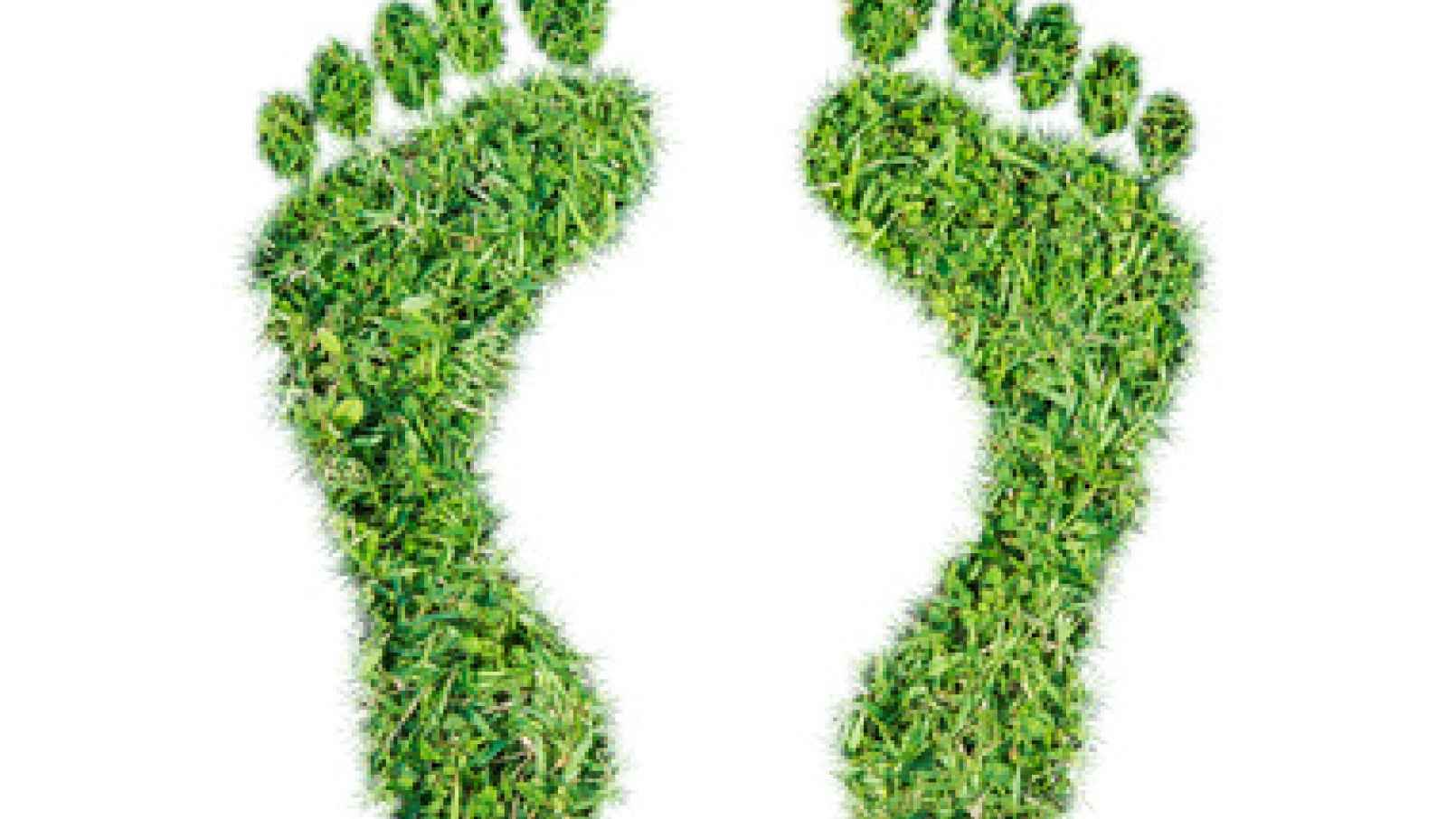
Sustainable tourism: how we’ll do our part
Sustainable tourism is a hot topic within the tour and travel industries at the moment. I have attended multiple industry networking events and expositions in the past year, and it’s clear that sustainability within this sector is something we all need to take seriously. The time has come for us to see how we can do our part to make sure that the travel industry continues to prosper without socially and environmentally disrupting the local communities. Treetop Travel Journalism is, currently, a relatively new project but I’m sure we can make a difference even at this early stage. At the moment our programme runs in Berlin.
Greentourism.eu suggests that sustainable tourism should:
- Make optimal use of environmental resources that constitute a key element in tourism development, maintaining essential ecological processes and helping to conserve natural heritage and biodiversity.
- Respect the socio-cultural authenticity of host communities, conserve their built and living cultural heritage and traditional values, and contribute to inter-cultural understanding and tolerance.
- Ensure viable, long-term economic operations, providing socio-economic benefits to all stakeholders that are fairly distributed, including stable employment and income-earning opportunities and social services to host communities, and contributing to poverty alleviation.
Treetop Travel Journalism will aim towards sustainability in the following ways:
- Educating our team and all project members on the recycling system in Berlin
- Ensuring everyone on our programme respects and protects the local nature and wildlife
- Promoting local people and small businesses
- Encouraging those on our project to develop the local language
- We will purchase a solar powered lamp for every project we run from Berlin based company Little Sun
1. Educating our team and all project members on the recycling system in Berlin
I come from London, and have lived in Berlin for about three years. I’ve moved all over the city in that time, and each district has is its own unique recycling rules. Treetop Travel Journalism is based in the western district of Schöneberg and the recycling procedures here are easy for me and my team to explain to new projects members who come to our offices for their writing classes and language courses.
Not everyone who comes from abroad to join our writing and art programme will be living in this part of Berlin, though. As such, as part of our commitment to sustainable tourism, we plan to learn the ins and out of recycling across the city. This way we can make sure everyone connected to us can get it right – and hopefully show some others along the way.
One part of the recycling project in Berlin that is universal is the returning of glass bottles, plastic bottles and metal cans to supermarkets. Taking these back gets you a deposit (pfand in German) of 8c, 15c and 25c respectively for each item. This brilliant system incentivises people to keep empty drinks bottles and cans and bring them back for recycling. It is also commonplace to simply leave them by a bin or on a wall – within minutes someone will have picked them up. There are many people across the city that collect these recyclable items for the refunded deposit money – this is one reason why Berlin does so well in keeping its streets clean.
We will be sure that all aspects of the recycling project in Berlin are adhered to by everyone affiliated with our programme.
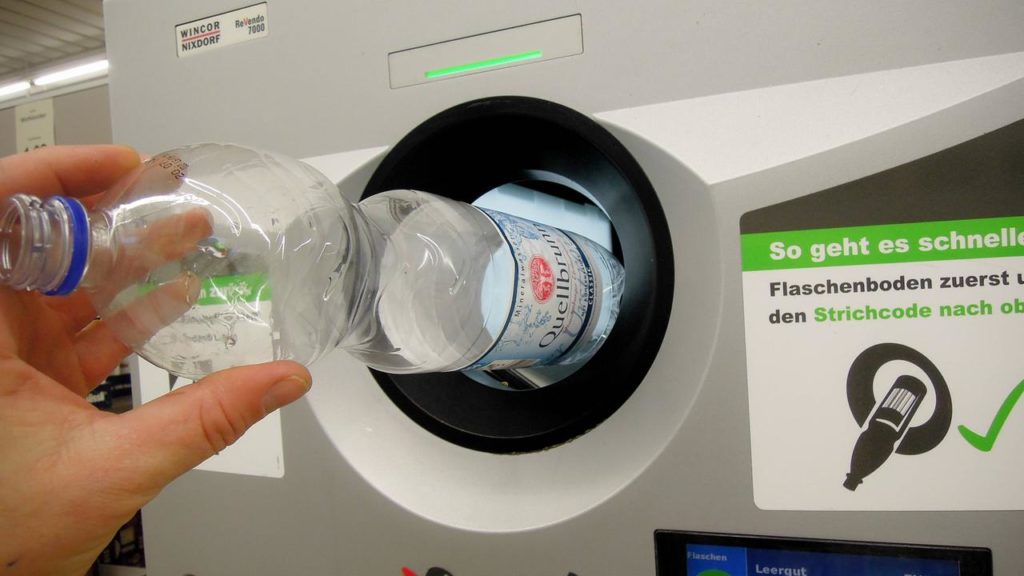
2. Ensuring everyone on our programme respects and protects the local nature and wildlife
This should be a no brainer in 2019, but I still see many instances of obliviousness and/or neglect regarding the treatment of nature and wildlife. Berlin has a lot of green spaces and fresh water lakes and keeping these healthy has to be a priority. This will keep the locals happy, maintain the habitat for the city’s wildlife and make sure that the city is still an attractive place to visit for people long into the future.
As mentioned earlier, Berlin is a city of clean streets, and the bottle deposit system (in place in Germany since 2003) plays a big role in this, giving people good reason to bring recyclables back to the supermarket. Another big factor is the omnipresent ‘Ordnungsamt’. These are the local public order officers and disrespecting the wildlife and nature is a sure-fire way to find yourself in hot water with these troops.
They patrol the city in droves and should act as ample deterrant to anyone thinking of spitting gum on the floor, throwing something in the lake or trampling on a bed of flowers.
We at Treetop will do our best to educate those on our courses, from the beginning, about the environmental and social reasons as to why they should respect local nature and wildlife. For anyone who disregards this, we’ll leave the disciplining to the ‘Ordnungsamt’.
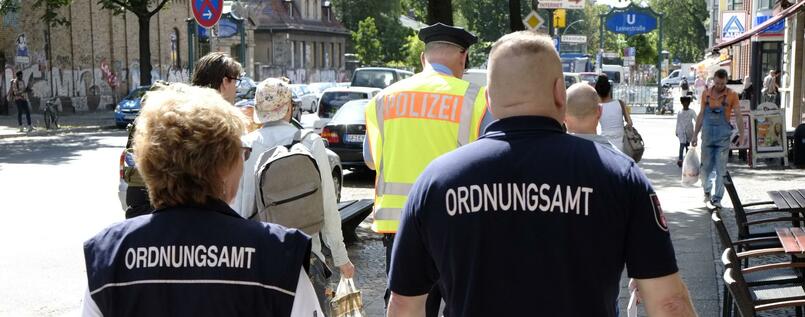
3. Promoting local people and small businesses
Promoting local people and making use of small businesses is a crucial part of sustainable tourism. If tourists and travellers only make use of big corporations the ramifications for the tourism industry are serious. Above I discussed how we can help in environmentally helpful ways, and now I’ll talk about social and economic sustainability.
It’s my opinion that it’s quite sad to see travellers, tourists and tour operators making use of big multi national chains when on holiday or running a programme. Do we really want to see big groups of tourists eating at McDonald’s, drinking Starbucks or clothes shopping at Primark? Much better is to try to spend time and money with local businesses. This is obviously financially more sustainable for these businesses but can also stop them from feeling alienated and overrun by tourists.
What we want to do is create an ecosystem whereby the tourists are welcomed by the locals and the best way that we can help, as project leaders, is to build relationships and trust with local people and small businesses. This is why all of our city tours are run by independent operators who we know personally, our language classes are run by a small business working in our local coworking space, our street art workshops are run by a team of two artists and our welcome meals are always in small non-chain restaurants.
It is also evident that the products of the small businesses tend to have far greater attention to detail and are of more value. So in the long run it is better for providers, businesses and travellers to maintain sustainable tourism by supporting businesses socially and economically.
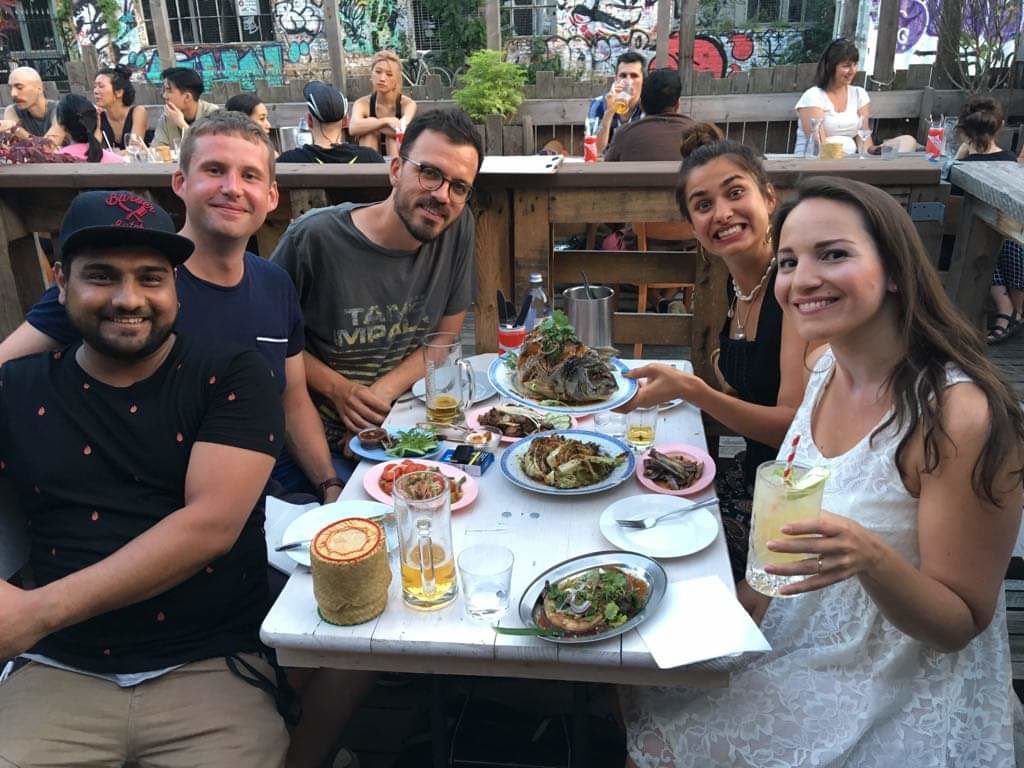
4. Encouraging those on our project to develop the local language
Developing the local language is a great way to immerse yourself in the culture of the country you’re visiting. All the participants who join our Berlin project will be enrolled in German language classes (if they happen to already be fluent, our language provider also teaches Turkish). The aim is not to provide a next batch of students with perfectly honed German skills – something which is not really possible in one month. It is more about learning to appreciate local language and customs.
Berlin is, admittedly, a bit of a strange case when it comes to this element, as so many people here speak English. I’ve been here for roughly three years and I’m nowhere near as proficient in German as I’d like to be. Nevertheless, knowing enough to get around through the day, and just making an effort can ingratiate yourself to some locals.
From a sustainability viewpoint it’s about protecting customs and heritage, and recognising the diversity that makes travel so worthwhile. We don’t want to see everywhere turning into Brits abroad, where they eat crappy English food while on holiday and don’t bother to speak a word of the foreign language. It’s important to maintain the culture of the places we visit, and making an effort with their language will help you embrace that and stop it from feeling like any other day at home.
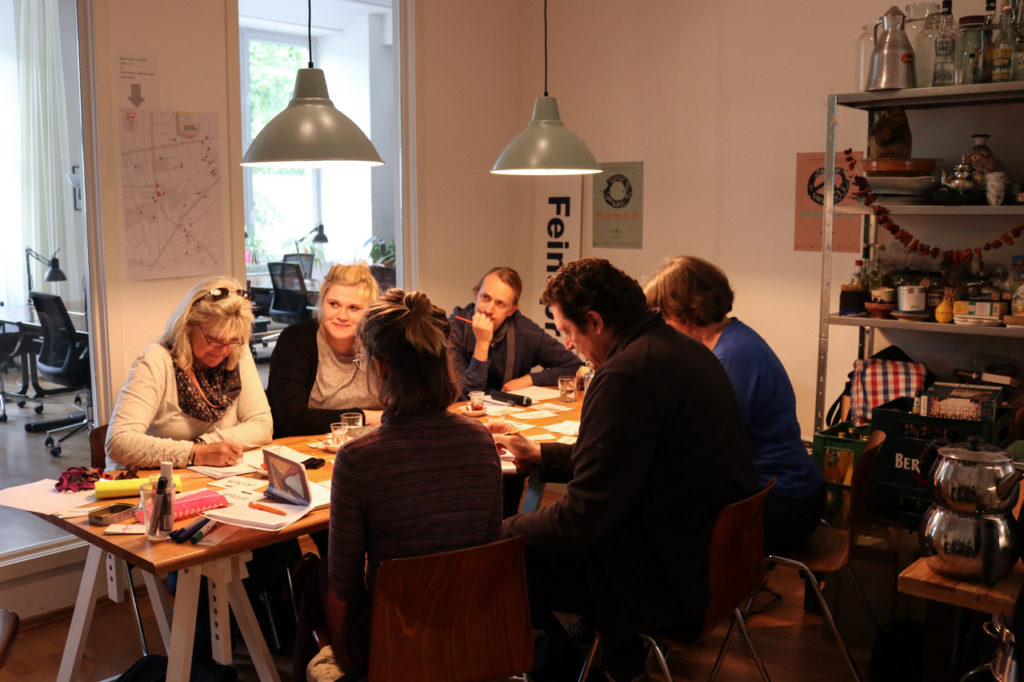
5. We will purchase a solar powered lamp for every project we run from Berlin based company Little Sun
I visited the Berlin Travel Festival earlier this year and came across an intriguing sustainability project known as ‘Little Sun’. The goal of their team is to provide affordable clean energy solutions, and they do this with their portable solar lamps.
If I buy one of these environmentally friendly lamps, one will also be sent to one of the 1.1 billion people worldwide who live without access to electricity. This enables people to work, study or socialise after sunset. Without light it’s also difficult and dangerous for doctors to provide medical assistance.
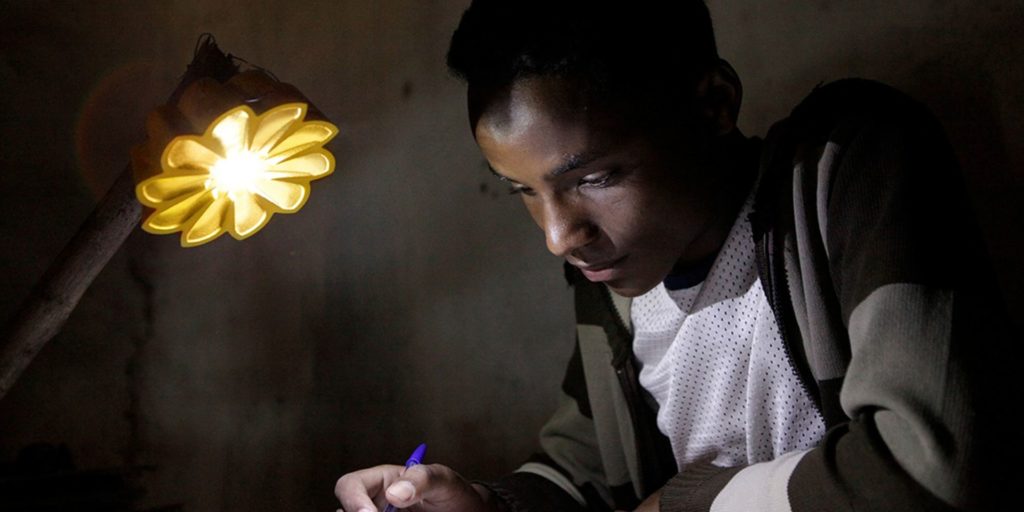
We decided to support Little Sun as it’s a Berlin based business, and we buy into their global sustainability project. At the end of our monthly programmes, the student who submitted the best piece of work will receive a Little Sun Original solar lamp and, more importantly, so will someone who urgently needs access to light after dark.
These are the five ways we will promote sustainable tourism, but what else do we do?
Treetop travel journalism runs writing and art courses in Berlin. Students join our one month projects to write a travel guide to the city, participate in Berlin style street art workshops, develop their German language skills and explore the city on our customised city tours.
